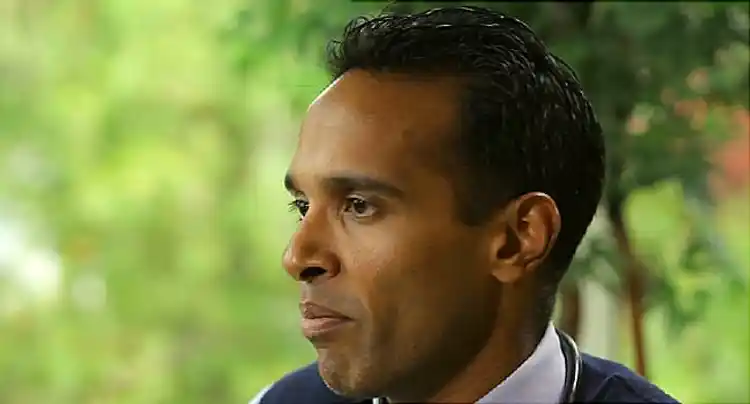How Can I Prevent Myself From Fainting?
If you have a tendency to faint and you are able to identify any situations that provoke fainting, try to avoid them. For example, you may need to be sure that you eat regularly to avoid hunger. Other interventions that may help are to avoid excess fatigue, warm environments, and alcohol -- all of which can cause fainting. You may need to learn to control your breathing so you don't breathe too quickly and hyperventilate when feeling anxious. You may need to get up very gradually from a lying position. Many episodes of fainting occur when getting out of bed, so it is wise to carpet the area around the bed and keep it free of objects that could be hit during a fall.
Elderly people with fainting need to have their medications reviewed by their doctor and be evaluated for any serious cardiac or neurological issues. They should also exercise caution when changing positions from lying to standing. Slowly rising or standing up helps to reduce the chance of fainting. Dehydration must also be avoided in older patients.


